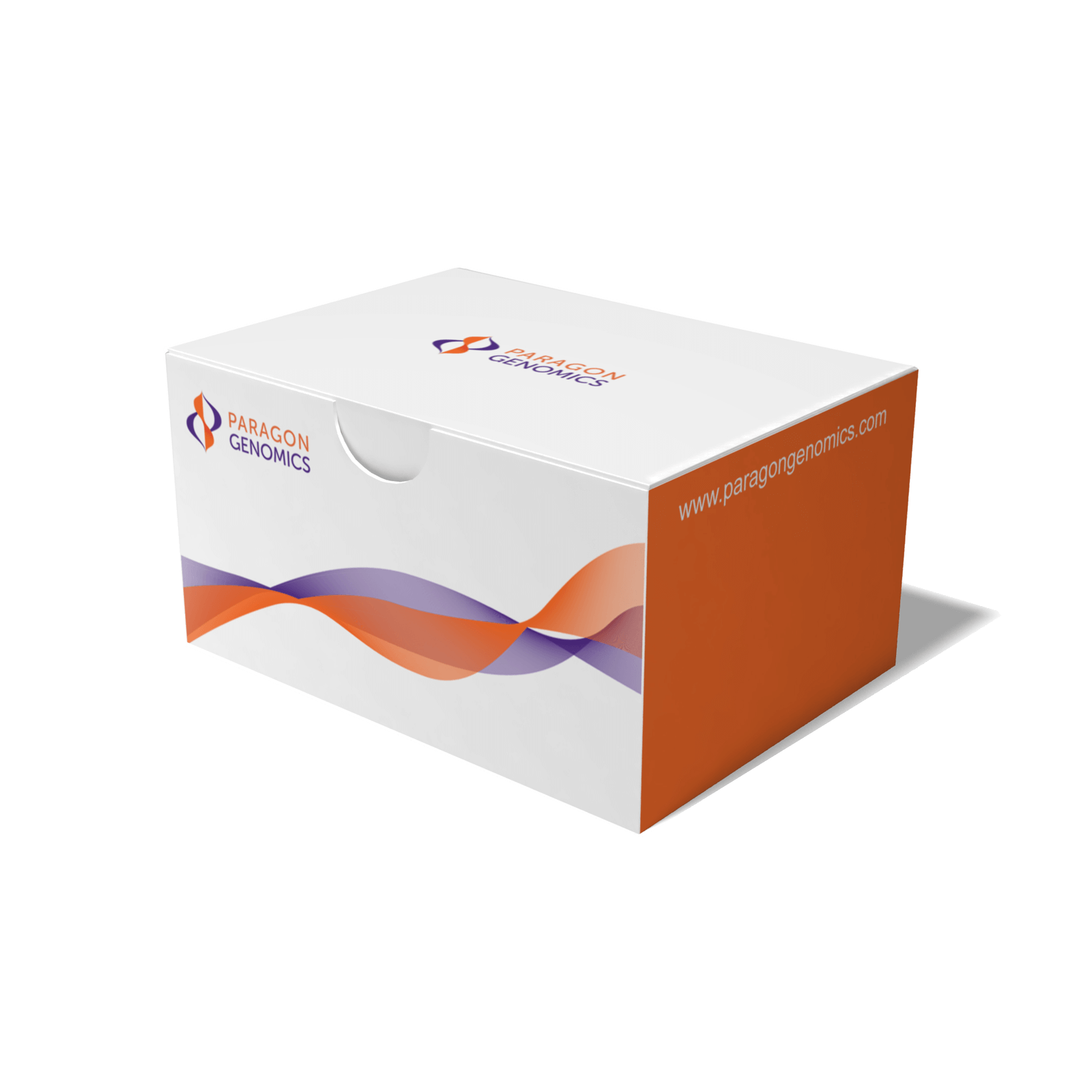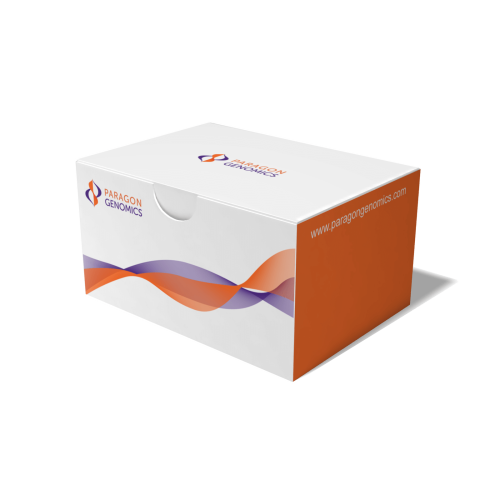Product Description
The CleanPlex® Hereditary Spastic Paraplegia Comprehensive Panel is a pre-designed and made-to-order multiplex PCR / amplicon-based targeted sequencing (NGS) assay designed to examine the germline variants or mutations across 70 genes associated with Hereditary Spastic Paraplegia Comprehensive. The panel targets all the exonic regions of those genes and the flanking intronic sequences. Compatible with just 10 ng of DNA, sequencing-ready libraries can be prepared using a streamlined workflow in just 3 hours. The pre-designed panel is optimized in silico to deliver data with high on-target performance and high coverage uniformity to ensure efficient use of sequencing reads.
This product is made to order. Once we receive your order, we will synthesize the panel and the kit will contain CleanPlex Multiplex PCR Primers and CleanPlex Targeted Library Kit. CleanPlex Indexed PCR Primers and CleanMag® Magnetic Beads can be ordered separately to complete the workflow from input DNA to sequencing-ready NGS libraries.
Storage Temperature
Store at -20 °C.
For Research Use Only. Not for use in diagnostic procedures.
Gene List:
ABCD1, ALDH18A1, ALS2, AMPD2, AP4B1, AP4E1, AP4M1, AP4S1, AP5Z1, ARL6IP1, ARSI, ATL1, ATP13A2, ATP2B4, B4GALNT1, BICD2, BSCL2, C12orf65, C19ORF12, CAPN1, CCT5, CYP2U1, CYP7B1, DARS, DDHD1, DDHD2, ENTPD1, ERLIN1, ERLIN2, EXOSC3, FA2H, FARS2, GBA2, GJC2, HACE1, HSPD1, IBA57, KDM5C, KIAA0196, KIDINS220, KIF1A, KIF1C, KIF5A, L1CAM, MAG, NIPA1, NT5C2, PLP1, PNPLA6, REEP1, REEP2, RTN2, SACS, SLC16A2, SLC33A1, SPART, SPAST, SPG11, SPG20, SPG21, SPG7, TECPR2, TFG, USP8, VAMP1, VPS37A, WASHC5, WDR48, ZFYVE26, ZFYVE27
References:
Butler et al. Three cases of Troyer syndrome in two families of Filipino descent. Am J Med Genet A. 2016 Jul;170(7):1780-5.
Boukhris et al. A new locus (SPG46) maps to 9p21.2-q21.12 in a Tunisian family with a complicated autosomal recessive hereditary spastic paraplegia with mental impairment and thin corpus callosum. Neurogenetics. 2010;11:441–8.
Halevy et al. Novel EXOSC3 mutation causes complicated hereditary spastic paraplegia. J. Neurol. 261: 2165-2169, 2014.
Tesson et al. Alteration of fatty-acid-metabolizing enzymes affects mitochondrial form and function in hereditary spastic paraplegia. Am J Hum Genet. 2012;91:1051–64.
Wakil et al. Novel B4GALNT1 mutations in a complicated form of hereditary spastic paraplegia. Clin Genet. 2014 Nov;86(5):500-1.
Novarino et al. Exome sequencing links corticospinal motor neuron disease to common neurodegenerative disorders. Science 343: 506-511, 2014.
Winner et al. Clinical progression and genetic analysis in hereditary spastic paraplegia with thin corpus callosum in spastic gait gene 11 (SPG11). Arch Neurol. 2004;61:117–21.
Martinez-Lage et al. TDP-43 pathology in a case of hereditary spastic paraplegia with a NIPA1/SPG6 mutation. Acta Neuropathol. 2012;124:285–91.
Hansen et al. Hereditary spastic paraplegia SPG13 is associated with a mutation in the gene encoding the mitochondrial chaperonin Hsp60. Am J Hum Genet. 2002 May;70(5):1328-32.
Li et al. PMCA4 (ATP2B4) mutation in familial spastic paraplegia. PLoS One. 2014 Aug 13;9(8):e104790.

